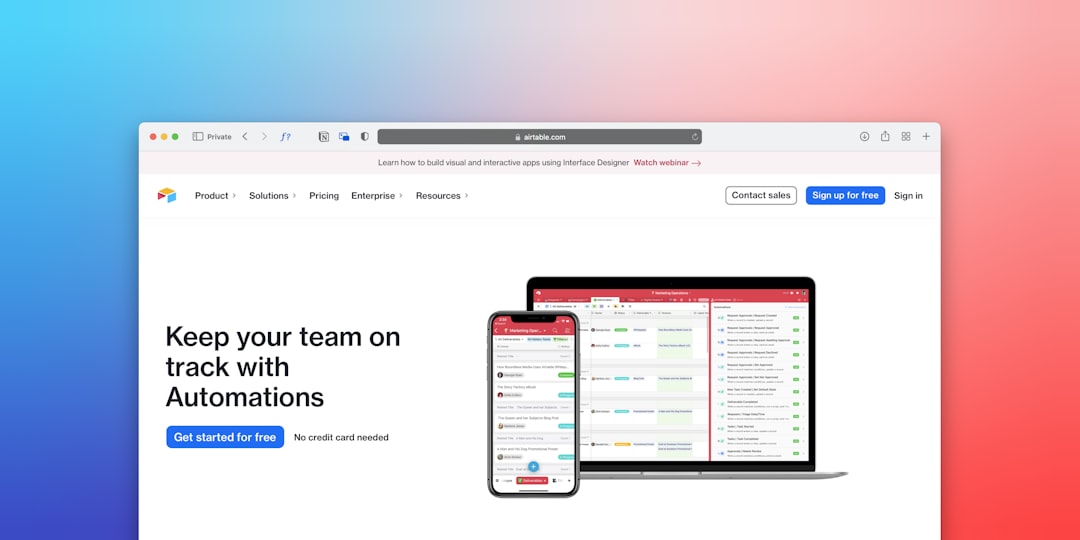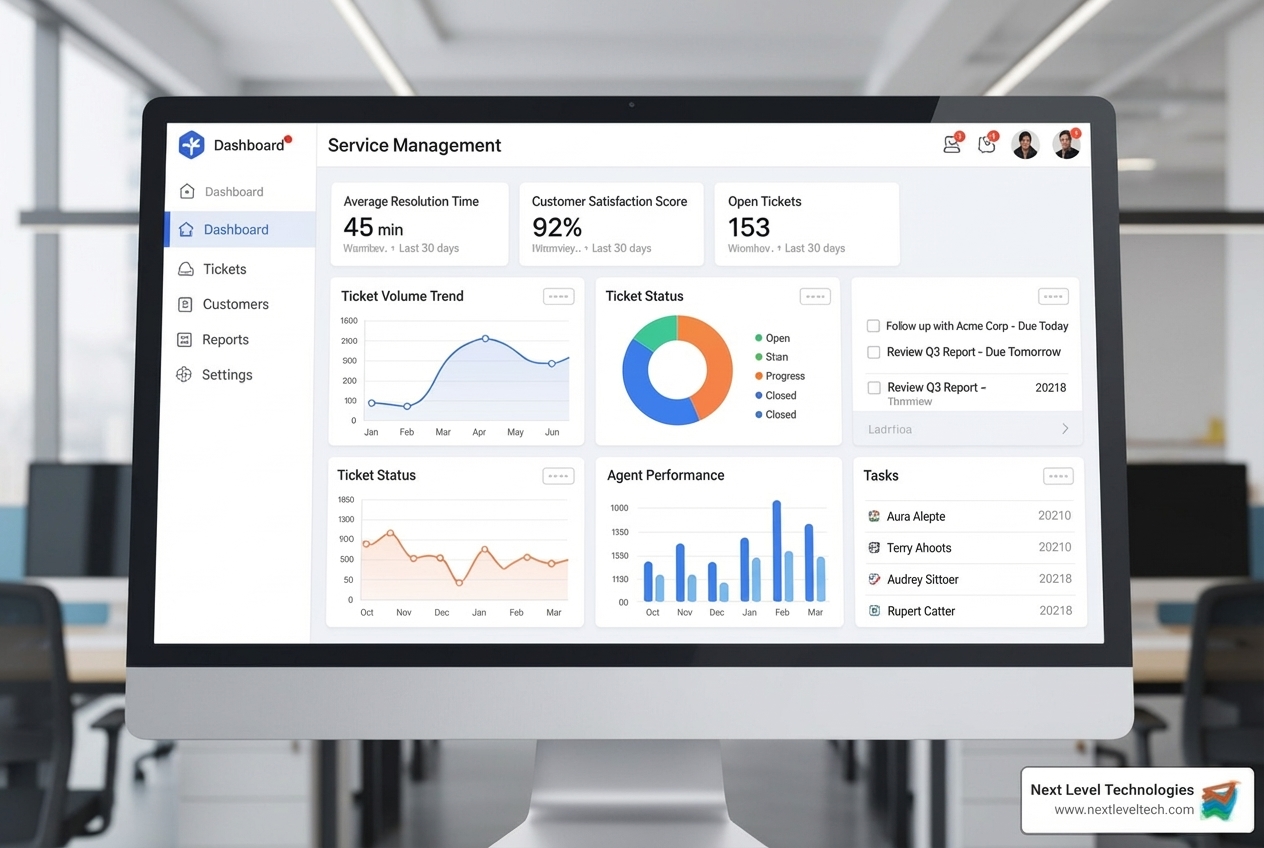Why the Healthcare Industry Must Have Managed It Services
July 5, 2022

Unlock innovation & cut costs with expert Open Source managed services. Boost security, efficiency, and compliance for your business.
February 2, 2026

Compare IT Service Management Tools. Learn key features, benefits, and how AI can transform your IT operations for peak efficiency.
January 30, 2026

Unlock efficiency with service management software. Streamline operations, boost customer satisfaction, and transform your business.
January 29, 2026
July 5, 2022
If you're running a healthcare organization, you know that keeping tabs on your operations can be a real challenge.
Your daily responsibilities can include everything from finance and accounting, healthcare quality assurance, regulatory compliance, data management, and more.
You also understand that you can't afford to skimp on IT management. Managed services are becoming a critical part of any major organization's IT strategy.
If there's one industry that must have managed IT services, that would be the healthcare industry. Discover the critical role IT support plays.
Companies and organizations will often outsource their IT support to third-parties. These third-party organizations are called Managed Service Providers (MSP). MSPs provide maintenance of information systems, networking systems, and computer hardware.
Professionals in healthcare use technology in every facet of their work. Diagnostic tools, health records, and medical billing are all reliant on information technology.
Healthcare professionals don't have the time nor expertise to manage workplace technology. They must be able to rely on technology that works without disruptions. This is where managed IT services come in.
Managed IT services provide a number of benefits to healthcare networks and organizations. Let's take a look at the most important benefits.
As healthcare systems grow, so too do spending budgets. Information technology accounts for, on average, about 3 percent of healthcare budget spending. IT spending is expected to grow to over 4 percent in the coming years.
In-house IT teams are a large part of an IT budget. Creating a team includes the price of recruiting talent, paying talent, and dedicated office space.
Recruiting a whole team will cost tens of thousands of dollars. Paying that team will then cost hundreds of thousands of dollars. An in-house team must also have their own office space, adding an additional few thousand dollars.
Unlike an in-house team, the cost of managed IT services depends on the number of end users and dedicated operating sites.
Suppose a healthcare provider is paying $100-$150 month per end user and has 2 operating sites. At $150 per month for 100 end users with 2 site audits, the total cost per year would be around $200,000. The cost of hiring just one full-time network administrator can cost $150,000 a year.
For the price of one or two technology experts MSPs provide whole teams of dedicated experts. There is also no cost for office space This makes managed IT services a far more cost-effective option than hiring an in-house team.
Healthcare professionals don't have the time or talent to deal with day-to-day technology issues. When something goes wrong they need to be able to depend on the right experts for the job. Managed IT services provide healthcare networks
MSPs provide healthcare networks with engineers and administrators that have specific IT skills for troubleshooting technology issues. These experts are skilled in routing, networking, and security, which are all essential to a functioning IT network. They will also have IT skills specific to the healthcare industry.
Healthcare facilities like emergency rooms and intensive care units must be fully operational at all times. This means the technology they use must also always be fully operational. With an in-house team, this is not a guarantee.
In-house IT teams are limited by physical availability. When something goes wrong, the right expert for the job may not be around. A managed IT provider solves this issue.
MSPs are able to provide technical support 24/7.
If one of your servers goes down at 3am and prevents your staff from accessing electronic medical records, your MSP will be right there to help. Having issues with your medical billing software? A network engineer is one call away to help.
Being able to rely on constant support will give your team the peace of mind they need to stay laser-focused on patient care.
Healthcare providers must be in compliance with HIPAA in order to ensure patient data integrity. Compliance regulations are ever-changing, and many healthcare systems can't keep up with these changes. With managed IT services, navigating regulatory compliance is simple.
MSPs use safety protocols, conduct audits, and healthcare staff training to help keep healthcare networks within regulatory compliance.
Patient information stored on internet technology is vulnerable to cybertheft. Last year, healthcare data breaches reached an all time high. Data breaches compromise healthcare networks and expose patients to danger.
Ransomware can cost a healthcare provider millions of dollars and force them to shut down. The loss of patient records from a data breach means means a drop in care quality. For all these reasons and more, healthcare data must be kept secure at all times.
Managed IT services provide around-the-clock healthcare data security. MSPs identify potential cyber threats and shut them down before they can do damage.
MSPs also provide data backups and cloud integration. Data backups help keep medical data safe and prevent records from being permanently lost. Cloud integration provides a streamlined user experience for patients.
Managed IT services are the best solution for healthcare providers. MSPs provide 24/7 technology support at a fraction of the cost of an in-house team, and help healthcare networks maintain regulatory compliance. Don't wait, hire a managed IT provider today!
If you're interested in what managed IT services can provide you and your organization, contact us today.
Unlock innovation & cut costs with expert Open Source managed services. Boost security, efficiency, and compliance for your business.
February 2, 2026
Compare IT Service Management Tools. Learn key features, benefits, and how AI can transform your IT operations for peak efficiency.
January 30, 2026
Next Level Technologies was founded to provide a better alternative to traditional computer repair and ‘break/fix’ services. Headquartered in Columbus, Ohio since 2009, the company has been helping it’s clients transform their organizations through smart, efficient, and surprisingly cost-effective IT solutions.
